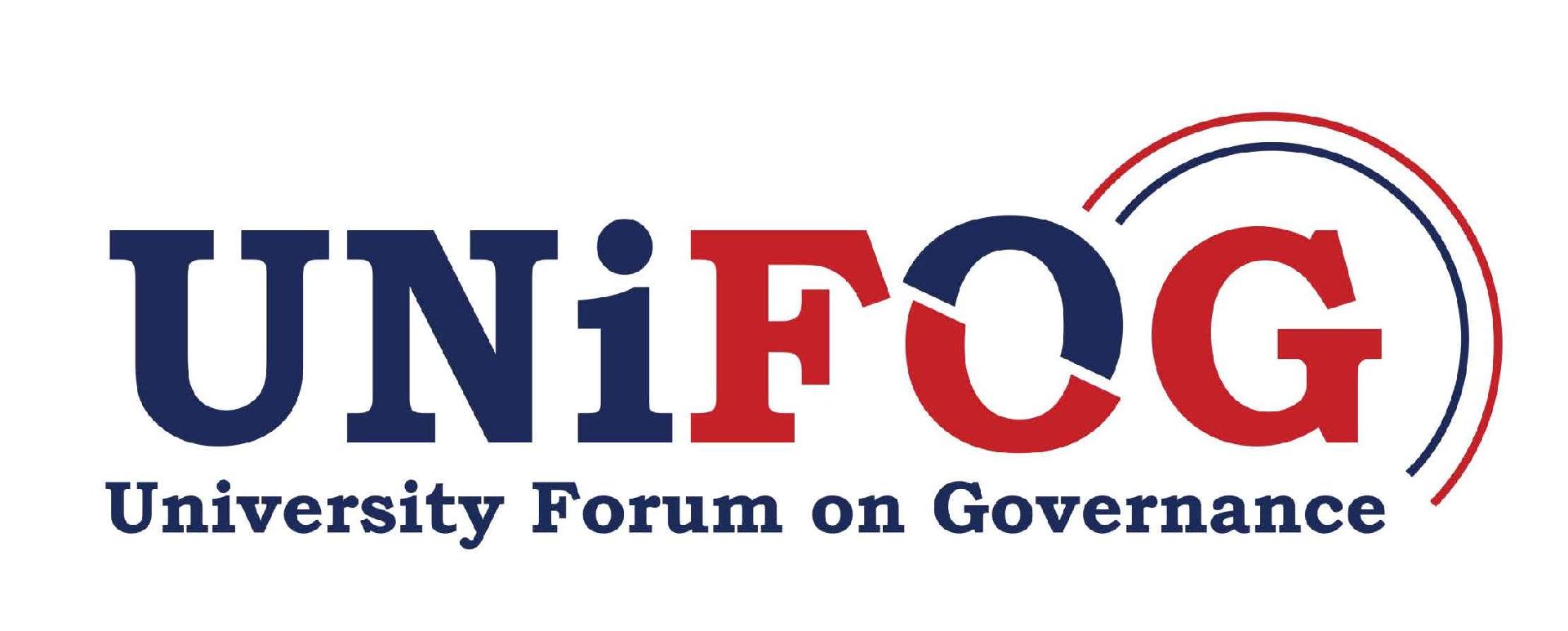Workshop
Details
The status of youth participation in Uganda’s political processes remains a major challenge. Around 6.4 million youth (18—30 years) constitute nearly half the number of registered voters; and yet, they still fail to meaningfully and sustainably impact on politics and governance processes. Consequently, public policies and programmes are yet to effectively respond to the several challenges faced by young people such as, unemployment and underemployment, limited access to quality education and health services as well as inability to meet personal aspirations and goals.
The above phenomenon unfortunately persists, despite several institutional provisions for youth inclusion in governance and decision-making processes like, their representation in parliament, local councils, and political parties as well as a myriad of civic organisations representing youth interests.
In less than half a year, Uganda will hold the next general elections, the third under a still nascent multiparty framework. In such a democratic context, how the different social groups define and market their interests can be a crucial influence to the manifestos of political parties and subsequent policies pursued by the eventual government. This question is one of particular importance for Uganda’s youth, who face several social, political, and economic challenges and whose interests still fail to effectively make it to the public policy platforms.
New groups of young people have emerged ahead of the elections. These include, inter alia, the “No More” campaign, the Jobless Brotherhood, and the NRM Poor Youth. The rise of such “new” platforms raises questions as to whether Uganda’s young generation has lost confidence in hitherto existing forums of representation and whether limited youth participation is a problem of ineffective organisations.
Thus, the planned regional debates will explore why youth political participation remains ineffective despite existence of an apparently supportive institutional framework. On the basis of such diagnostics, promising practices and policies for fostering meaningful youth political engagement will be suggested. Hence, the current electoral cycle offers a central learning point for the discourse; in essence, the debates are a youth-led platform for interrogating the binding constraints to youth political participation and critically evaluating policy and programming alternatives for a better way forward. In order to guarantee quality and in-depth analysis, a selected team of young people will undergo a training to enable them get better skills ahead of the debates.
The training workshop is essential to prepare participants for the unique format and high quality aspirations of the debates. The debate approach aims to facilitate a diagnostic mechanism in which the binding constraints to meaningful youth political participation will be assessed and promising interventions critically evaluated. The debaters will be particularly be tasked to provide evidence for their arguments.




